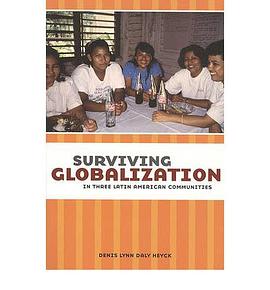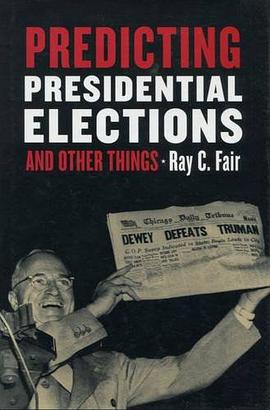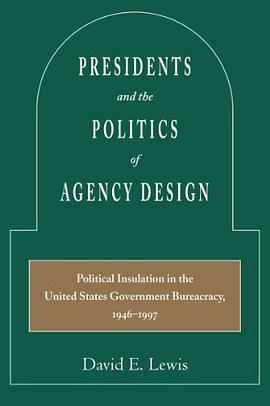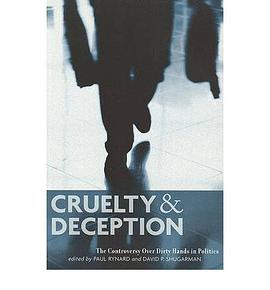

具体描述
Freedom of speech is important but not absolute. Nearly everyone agree that law should prevent harm, even when that harm is inflicted through words. But how can we reconcile this with the value of freedom of expression? This book offers a principled approach to this vexed problem. Since the contents and the limits of freedom of speech are informed by its moral and political rationales, the discussion begins by considering the main philosophical arguments usually supplied for elevating freedom of speech above other social values. It then develops a framework for analyzing the relationship between speech and harm, and discusses the idea that legal restrictions on speech should be viewpoint-neutral. The book also examines the notion that speech restrictions may be a useful way of both equalizing expressive opportunities in society and remedying discrimination produced through speech acts. Various theoretical threads of the book are then drawn together to culminate in a discussion of one of the most controversial questions confronting modern democratic societies: should racially vilifying speech (hate speech) be prohibited by law? The book is addressed to philosophers of law, political theorists, constitutional lawyers and everyone interested in protecting civil rights.
作者简介
目录信息
读后感
评分
评分
评分
评分
用户评价
相关图书
本站所有内容均为互联网搜索引擎提供的公开搜索信息,本站不存储任何数据与内容,任何内容与数据均与本站无关,如有需要请联系相关搜索引擎包括但不限于百度,google,bing,sogou 等
© 2026 book.wenda123.org All Rights Reserved. 图书目录大全 版权所有




















